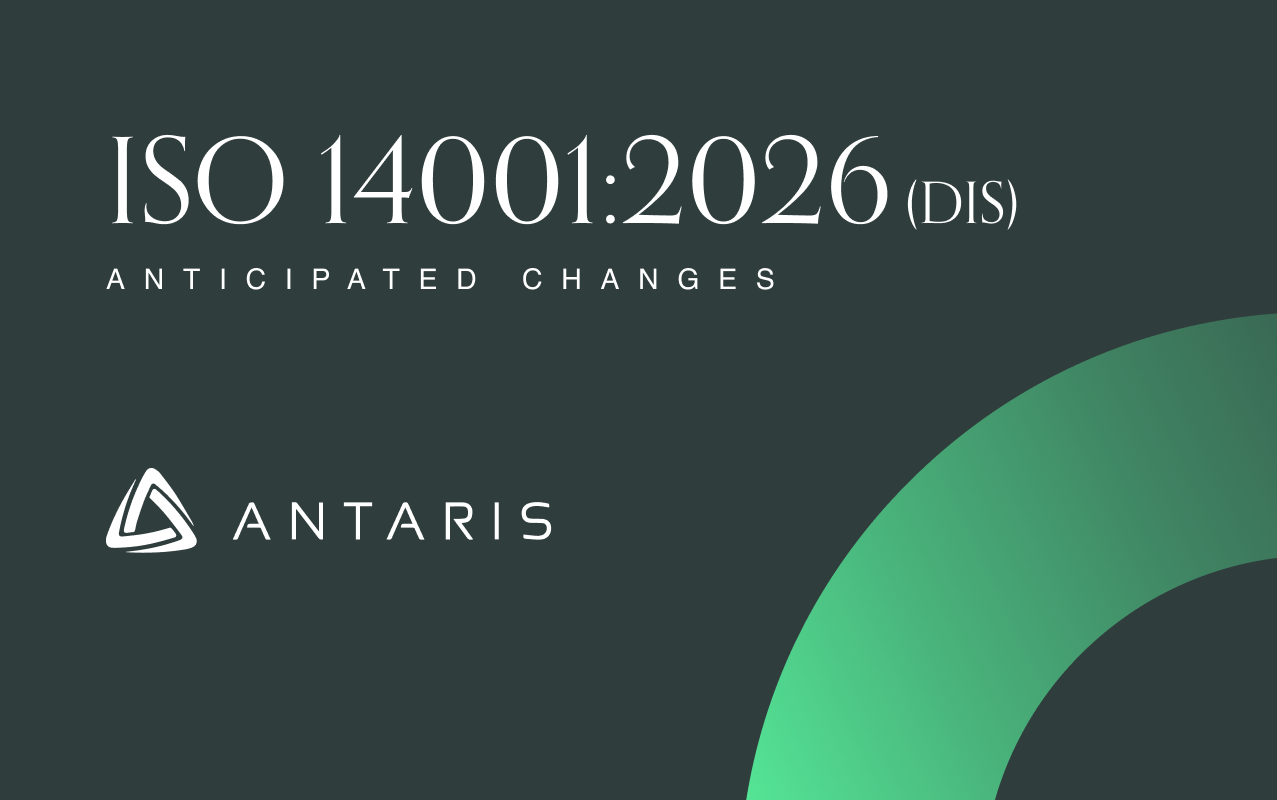On the 25th March 2015, Antaris’ Senior EH&S, Quality Consultant Finbarr Stapleton gave a talk in Dublin at the IOSH Conference – Safety in a re-emerging construction sector on preparing for the new Health & Safety standard ISO 45001. During his talk he gave insights into the new standard so that we may have a better understanding of what is to come.
ISO 45001 is due to replace OHSAS 18001 in October 2016 and it will also follow the ‘High Level Structure’ as set out in Annex SL.
Currently ISO 45001 is at committee draft (CD) stage with the draft international standard (DIS) due in April 2015. The final draft (FDIS) is expected to be published in June 2016.
Once published the standard will follow the PDCA cycle.

As it stands, the purpose of OHSAS 18001 is to ‘enable an organisation to control its Occupational Health & Safety risks and improve its Occupational Health & Safety performance.’
When introduced, the objective of ISO 45001 will be to ‘enable an organisation to proactively improve its Occupational Health & Safety performance in preventing injury and ill-health.’
There are a few changes to look forward to with the introduction of ISO 45001, including:
- Greater flexibility in how organisations document and structure their Occupational Health & Safety management system.
- Requirement for ‘documented information’ rather than documented procedures and records.
- Preventive action no longer included in the standard as preventive.
- Focus on the ‘context’ of the organisation.
- Understanding the internal and external issues.
- Greater emphasis on integration of Occupational Health & Safety in management of the business.
- More emphasis on the concept of risk management.
- Legal and other requirements more explicit.
- Greater focus on need to demonstrate compliance.
- More importance placed on hierarchy of controls.
- Management of change specially included.
- Outsourcing and procurement more explicit.
So, what do you need to do to prepare? Here are 10 guidelines:
- Monitor the changes.
- Keep in touch with your certification body.
- Make sure management are made aware that changes are coming and resources will be required.
- Develop a transition plan.
- If your organisation is close to OHSAS 18001 certification continue in the process, as certification bodies will issue OHSAS 18001 certificates until 2016.
- Conduct a gap analysis against requirements of ISO 45001.
- Align documentation with ISO 45001 requirements.
- Update your Occupational Health & Safety policy.
- Training of key personnel on the new standard.
- Finally, don’t panic the transition period is likely to be between 2-3 years and transition guidance documents will be developed by certification bodies.
If you require further information on ISO 45001, why not check out our other blog pieces on the subject:







